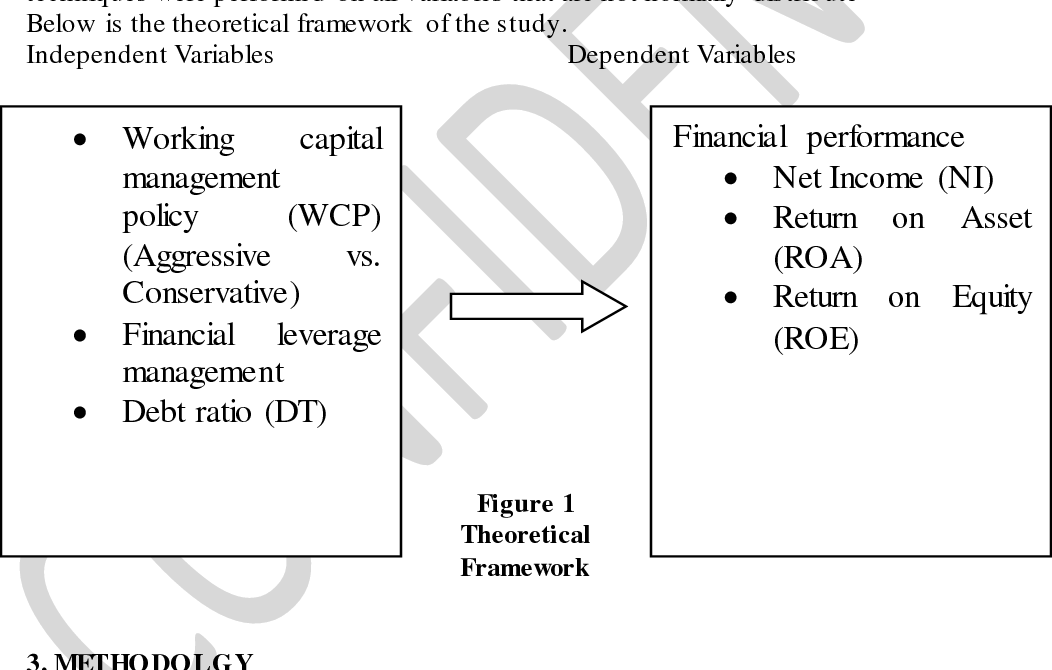
It offers scalability, allowing businesses to start with basic features and upgrade as they grow. The software simplifies financial management, making it accessible even for those with limited accounting knowledge. Cloud-based accounting software typically integrates with various business tools. Common integrations include CRM systems, e-commerce platforms, payment processors, bond order and lengths and payroll services. These integrations streamline accounting data flow and improve operational efficiency.
iv) Multi-user access:

Yes, most cloud-based accounting software offers mobile applications. These apps provide access to key features such as invoicing, expense tracking, and financial reports. Xero is an affordable cloud-based accounting software system that is highly rated among small businesses. Its simple solution for tracking income and expenses makes it easy to use for those without accounting skills. Top features for every plan include the ability to create and send invoices, track time and project profitability, claim expenses, bulk reconcile transactions and accept multiple currencies. FreshBooks is an intuitive, easy-to-use accounting software designed for small business owners who do not have an accounting background.
Unfortunately, logging and categorizing those expenses can get away from you fast, especially if you’re just throwing all of your receipts in a shoebox to be entered during crunch time. With single access, desktop-based accounting programs, you end up spending a lot of time compiling and creating financial reports for your accountant to review. Cloud-based software is accessed via the internet so you won’t be tethered to your physical business location. Along with invoicing, you can check your company’s financial information anytime from the office, your home, or even in line at your favorite coffee shop. With cloud accounting software, your data is always at your fingertips.
Features
Cloud accounting refers to the practice of using internet-based software hosted on remote servers to manage financial transactions, accounting, and bookkeeping activities. Unlike traditional accounting software installed on a local system or computer, cloud accounting operates online. It allows you to access working capital turnover ratio your financial data, input transactions, and perform various tasks from any location with internet connectivity.
Another option is ZipBooks, which offers a free starter plan that includes basic invoicing, bookkeeping, and the ability to manage unlimited vendors and customers. In terms of accounting capabilities, Odoo includes features like easy cost tracking, recurring invoice management, and auto-synchronization of bank feeds. It supports multiple currencies and payment methods like credit cards, digital wallets, and online banking. Odoo connects with over 15,000 banks worldwide, making transaction management simpler. Cloud-based accounting software is just like traditional accounting software with the exception that all the data is hosted on remote servers instead of the user’s desktop computer. We prioritized software that was either low-cost or had an affordable plan in a series of pricing plans.
- Zoho Books is ideal for small-to-medium-sized businesses (SMBs) that want to take advantage of the platform’s large extensive business ecosystem.
- Intacct provides editable invoice templates in Microsoft Word format and integrates with payment processors like Paya and EBizCharge to accept credit card, debit card, and eCheck payments.
- It also enables users to edit report layouts, filters, and parameters.
For instance, if you lose certain data files on Premises, you can re-download them from the cloud. You’ll have total control over how much financial information other people—from your employees to your accountant to an outsourced team—will be able to see by customizing their access. For instance, if you have an employee processing your payroll, you can give that employee access to the payroll portion of the software without letting them have access to your bank accounts. In addition to protecting your data, cloud computing offers numerous perks that will help you boost your productivity and your business’ bottom line.
Benefits of Cloud-Based Accounting Software
Small business teams can store and access accounting systems, reports, and financial documents from the company computer and anywhere you have an internet connection. Wave is a cloud-based accounting software offering free invoicing and accounting tools for small businesses and freelancers. Zoho Books is a cloud-based accounting software that offers customizable and affordable accounting solutions for small to medium-sized businesses. You can connect payment apps to your cloud accounting software allowing you to pay and be paid automatically.
They offer the tools needed to manage finances effectively and efficiently. Cloud-based accounting software continues to innovate, offering enhanced features and capabilities to meet evolving business needs. Choosing the right cloud-based accounting software can be challenging with so many options available.
What’s the Difference Between Cloud Accounting and Traditional Accounting Software?
It makes it easy to share data with accountants, as many are already debt to equity d familiar with the platform. Automatic updates, data backups, and over 100 customizable reports further streamline accounting tasks for small teams. Wave Accounting is a free cloud-based accounting app that handles unlimited transactions, multi-currency invoicing, and bank and credit card connections.
However, Striven might not be the best fit if your company needs complex tax calculations or advanced budgeting and forecasting support. Cash management in NetSuite is another feature that caught our attention. The platform offers clear visibility into bank and credit card data to help forecast cash flow.
